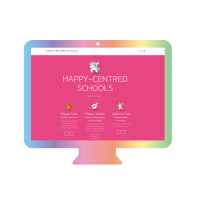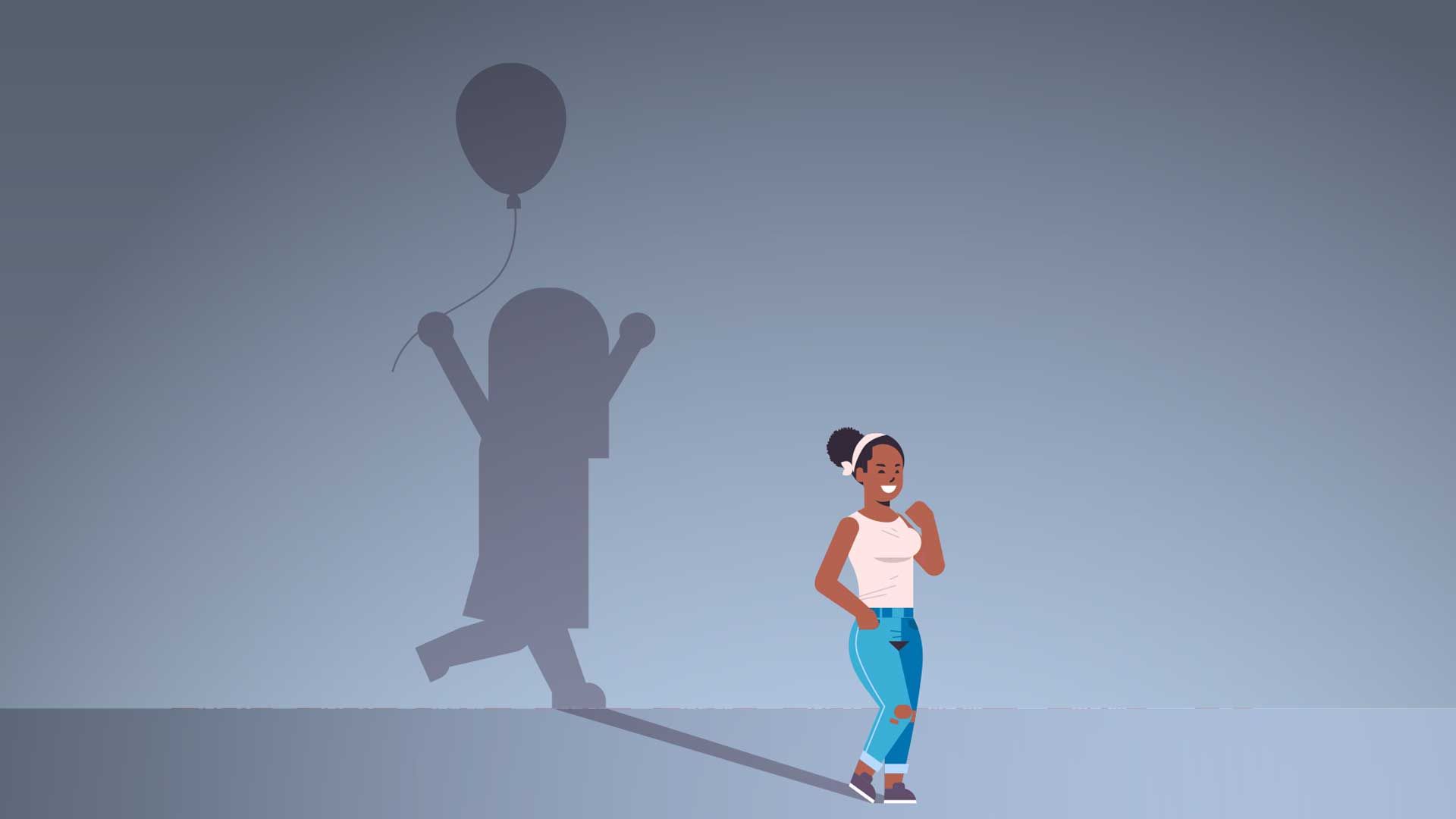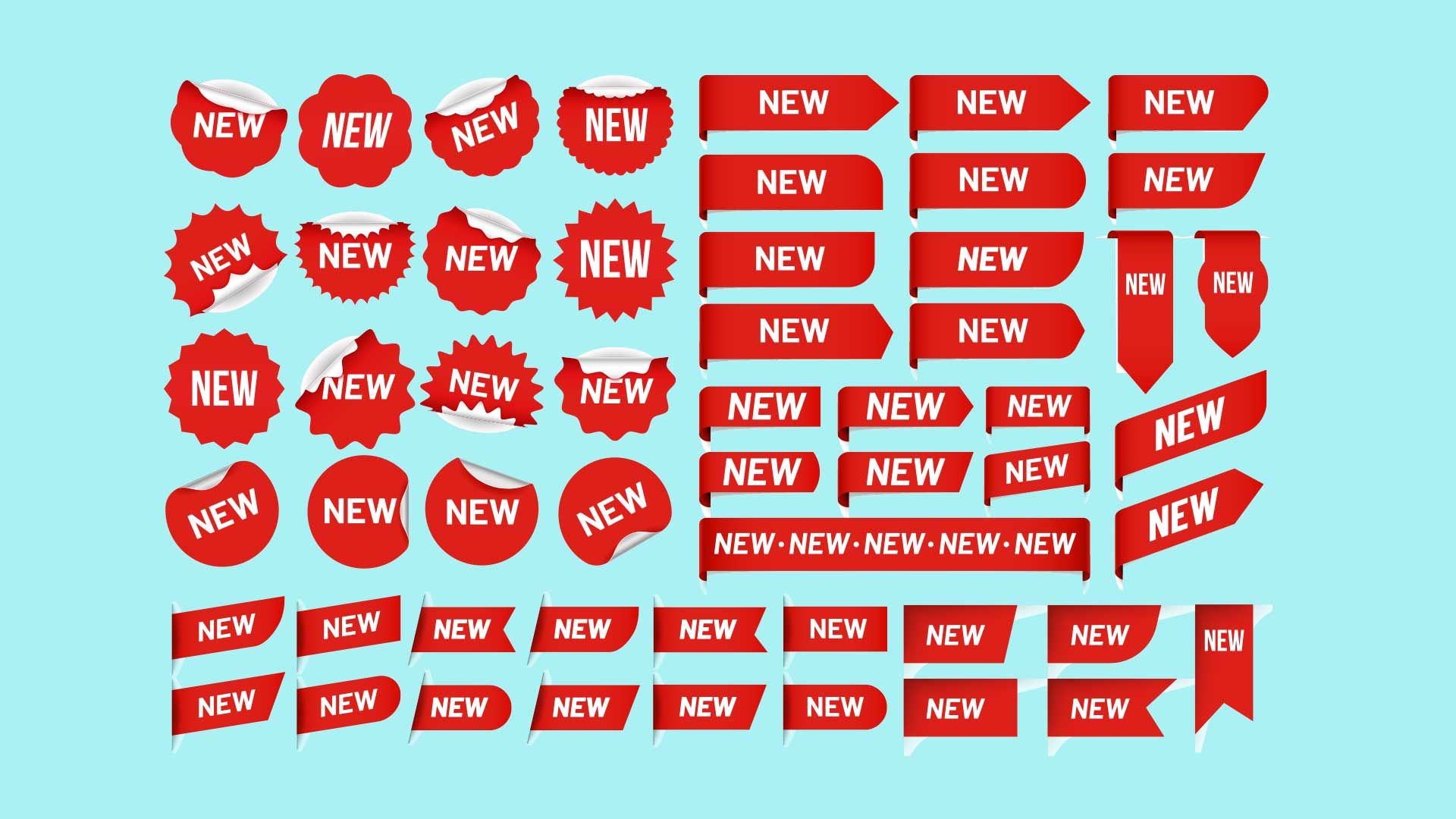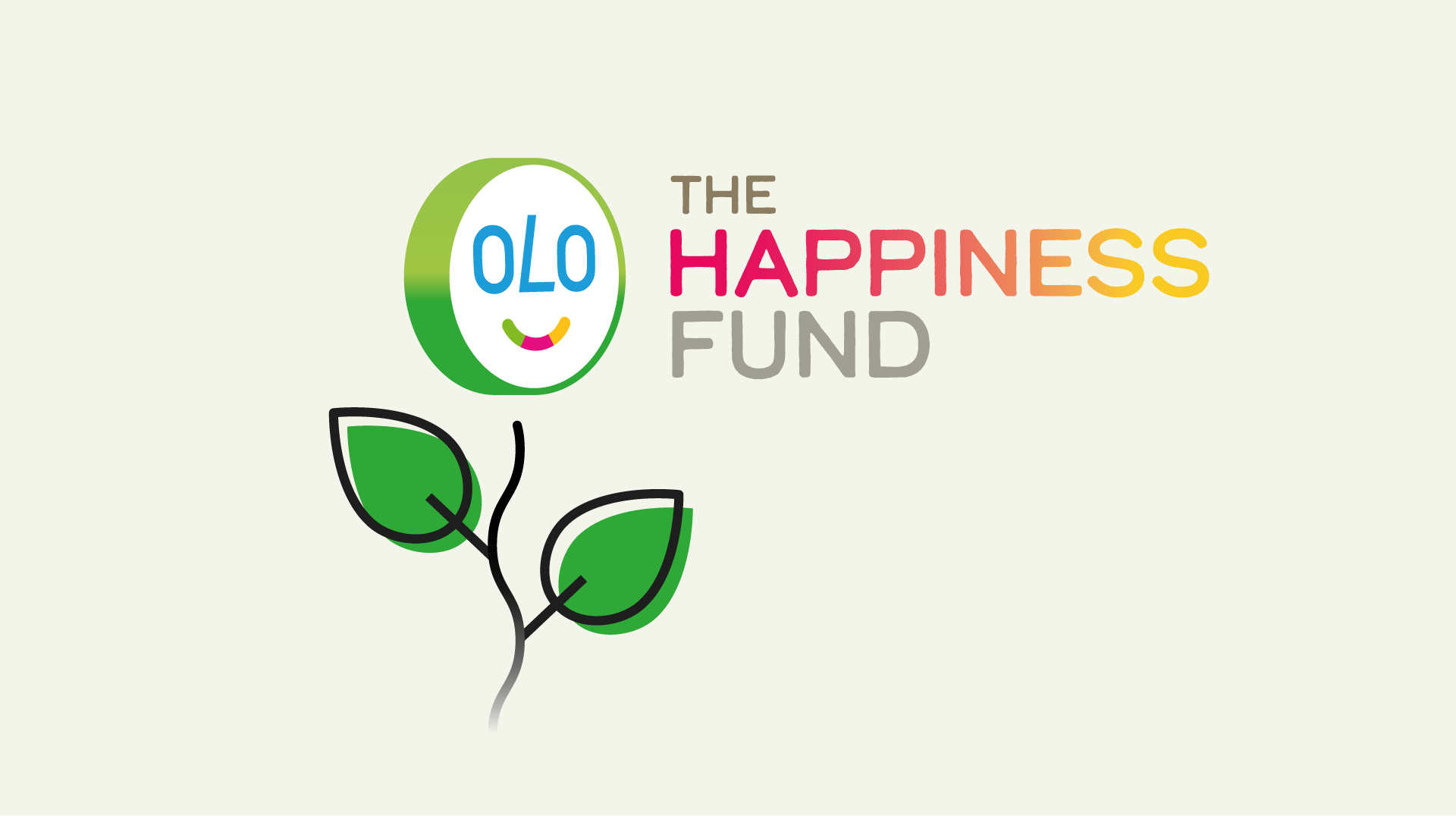8 reasons to use humour as an engagement and communication tool in learning

Wondering how to use humour as an engagement tool in your classroom? Keen to get it right with your pupils?
In this blog, Lead Happiness Consultant, Dave Keeling, explores why being in ‘good humour’ is essential as a communication tool in learning and how it leads to a positive knock-on effect in learning environments.
Creating the right learning environment
Right now, you could forgive anyone for telling 2021 where to go. As we fast approach the summer holidays, everyone is feeling more jaded than ever as we long-slog it out of lockdown.
But in the words of Tina Turner, ‘that big wheel keeps on turning’ and, in the words of Laughology, ‘school children need their learnin’.
So it’s now more important than ever that we focus on creating a learning environment which captures the imagination, fires off the dopamine cannon, keeps student motivation topped up and creates better engagement for all.
The formula for engagement, according to leading Paediatric Neurologist, Doctor Andrew Curran, is that, first and foremost, a student needs to feel understood. If they feel understood, their self-esteem grows. If their self-esteem grows, they become more confident and if they become more confident, they are more likely to engage.
But where does humour fit into all this?
8 reasons that humour is essential as an engagement and communication tool in learning
Now, we’re not ones for over-egging the pudding, but we couldn’t agree more with the engagement formula above. However, we also like to throw a little humour into the mix. Here’s why:
- Keeps students’ attention
- Emphasises key points so they stand out, allowing for better retention
- Facts and data can be easier to digest
- Helps regain control after a disturbance
- Relaxes a class, creating a better sense of unity
- Keeps relationships exciting, fresh, sparky and fun
- Enriches daily interactions
- Helps build resilience - laughing about setbacks helps us to take them in our stride, distance ourselves from them personally and bounce back quickly from disappointment
Now the above are all fair and well, but in order for humour to elicit laughter, you (yes, you, dear reader) have to be in a good mood and this mood needs to permeate into those around you.
Your students need to feel this positive energy coming from you in order to establish the right environment for laughter and humour to take place. Your attitude will set the tone for others to follow.
Achieving good humour
Knowing what puts you in ‘good humour’ to start with is a great advantage to setting you on the road to creating a classroom which is playful, fun and full of innovative learning. Here are some ideas to get you started.
- How you view the world
Whether you’re a glass half-empty sort of person (i.e. negative) or a ‘you can’t polish a turd but you can roll it in glitter’ type of person (i.e. always looking for the positive), your view of the world matters when it comes to achieving good humour.
- How you feel
The frame of mind you’re in is heavily influenced by what’s happening in your personal/professional life, what you’re doing at any given time and how you deal with it.
- How you choose to act and respond to the world around you
The area of the brain called the supplementary motor associates movement with positive feelings. This means that even the suggestion of a particular movement can bring about the feeling of wellbeing.
Try it now. Wherever you are, whatever you’re doing, just stop and smile.
Feel different? Good.
Recognising your behaviours
It’s imperative as educators that you’re aware of the behaviours you display when you’re in ‘good humour’. At Laughology, we call these your ‘good humour ingredients’. Once you know the ingredients, you can recreate the recipe. Pay particular attention to your:
- Body language
- Facial expressions
- Voice - including its tone, pitch and pace
- Types of words you use – do they help or hinder?
So, the next time you’re in a good mood, think about how you use your body. Do you gesticulate more? Do you lean forward to draw others in? Are you relaxed? Does your voice go an octave higher? Do your eyes sparkle? What happens to your face? What language do you use? Do you talk quicker? Do you laugh more?
By understanding these traits and habits, and getting into the habit of repeating them, you’ll find that you have instant access to ‘good humour’ and a positive frame of mind whenever you want it. What’s more, by changing your mood you can start to change the disposition of those around you.
R.I.N.G your way to engaging lessons
There’s no better way of engaging others than deploying the pneumonic of R.I.N.G. Whilst engaging with students throughout the country for the last 25 years, R.I.N.G has been invaluable at creating good humour and engaging lessons.
R.I.N.G stands for Relevant, Interesting, Naughty and Giggle.
- Relevant - i.e: you’re sitting there thinking: I need this, this is going to help me. I can use this or see where it might link to my life. Or, it just makes sense and I understand it.
- Interesting - your curiosity is piqued and you want to find out more. For instance, did you know the Danish for ‘mullet’ is ‘Bundeligahar’, meaning German football player? Or that the Aztecs used to sneak turkey waffles into their enemies hot chocolates to make them impotent?
Curiosity comes from the latin word curate, to ‘take care of’. The concept that we’re taking care of what goes into our brains and what comes out, is brilliant. When was the last time you found out something new about a family member, friend or colleague?
Understanding the stories of those around us helps us to engage more effectively, especially with those who see the world differently - we should be extra curious around them.
- Naughty - or cheeky or risk taking or challenging. It makes you feel like you’re working outside the normal rules. Aristotle described humour as ‘the art of surprise’, so anything you can do to elicit this response is good in our book. Why not try moving the room around, dropping in a ridiculous word, having a guest appearance or a strange object on your desk, or making an intentional mistake?
- Giggle - Victor Borg once famously stated that, ‘laughter is the shortest distance between two people’. We now know through science that if you’re having a good time, your brain releases chemicals called endorphins which not only make you feel good but also reinforce the learning connections in your brain.
Basically, having a laugh aids your memory and makes learning stick. Also, if you feel good about who you are and what you are doing, you tend to make more positive choices, which leads to better actions and behaviours.
Think of a lesson you enjoyed most during your school career and I bet one or more of these factors were a part of it.
So, if your pupils learn something using one of the above, they’ll remember it. If they learn something using all four, they’ll never forget it. That goes for you too.
And never forget! If it’s not RINGing, it’s minging.
- Created on .












































